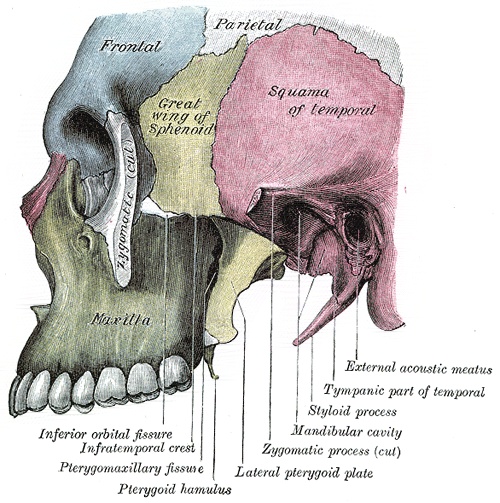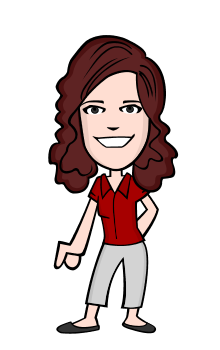The movie Lucy, from France, released July 25, 2014, asks big questions and gives few answers.
Questions like:
Life has been around a billion years, what have we done with it?
How much of our brain do we really use?
What would happen if a person could use their brain's full capacity?

[Photo credit: "Gray189" by User Magnus Manske on en.wikipedia, 2003.]
In this pure fiction, sci-fi world created by writer, director Luc Besson, our hero Lucy is about to find out. And show us.
At the core, Lucy is pure entertainment, start to finish. Scarlett Johansson gives an amazing performance showing Lucy's transformation from helpless to powerful. Look for a heart-wrenching conversation with her mother on the phone, where Lucy remembers and treasures intimate moments from her deep past - before she turns into a superhero.
Costar, actor Amr Waked from Egypt, is fascinating to watch as a police detective. He provides a lens looking into Lucy's strengths and vulnerabilities.
Lucy asks questions throughout the movie, in voice-over. Her questions stayed with me long after the closing credits rolled. The questions are more philosophy than science. Yet the science questions beg for answers. Here are a few.
Life on Earth - Billions of Years Old
Life has actually been around for billions of years. Life began on earth more than 3 billion years ago, as far as scientists can tell by carbon dating relics. The earliest forms of life were bacteria, eventually they produced oxygen. More complex life forms developed over time, things like plants and animals that needed oxygen to live.
Humans came along about 3 million years ago, the records they left behind show us, things like their bones. One of the early human-like skeletal remains dug up in Africa in 1974 was named Lucy, namesake of the movie.
What we have done with life these millions of years is not a question anyone can really answer in just one way. The movie Lucy takes a bleak look at our progress, one that reminded me of Koyaanisqatsi, Hopi for "life out of balance".
The Human Brain - Billions of Interconnected Cells
Do we really use only a small part of our brain?
Our brain is an organ and made up of tiny cells known as neurons. These are linked together and communicate with one another. We don't know exactly what each cell does, nor what it is capable of doing. No one really even knows for sure how many of these cells we have in our own brain.
Thinking that scientists have the answers would be comforting. The scientist in Lucy, played by Morgan Freeman, has some answers. But to other questions he simply says, "I have no idea".
We are limited in our knowledge of many wonders of the human brain, what it really is, how it works. To guess the numbers of cells in a brain, scientists count the cells they find in a small part of the brain. Then they go from there to estimate how many would be in the whole, if it had the same number of cells in each part of it.
86 billion neurons plus 86 bilion other types of cells in the human brain is one recent guess, based on measurements like this. To answer whether we use 10% or 100% of our brain would be to say we know whether 86 billion cells are working, and what they are doing. This is not really possible.
For certain, I, and I expect many of us, could use more of my brain than I usually do at any one moment. At any snapshot of time, researchers find that certain parts of the brain are active and others are not. Education, experiences, practice, attention, and effort - so many things go into fully using our brain power.
A great true account of untapped potential in adult brains is found in the experiments of Gary Marcus, PhD. He studies the science of learning, which he shares in his books, like Guitar Zero.
Another non-fiction example of untapped brain potential is found in the life experiments of Tim Ferris. Tim documents how he learned many new skills as an adult, becoming expert and even champion at some.
So: How much of your brain do you think you use?
Lucy left me thinking that I want to use more of mine.



